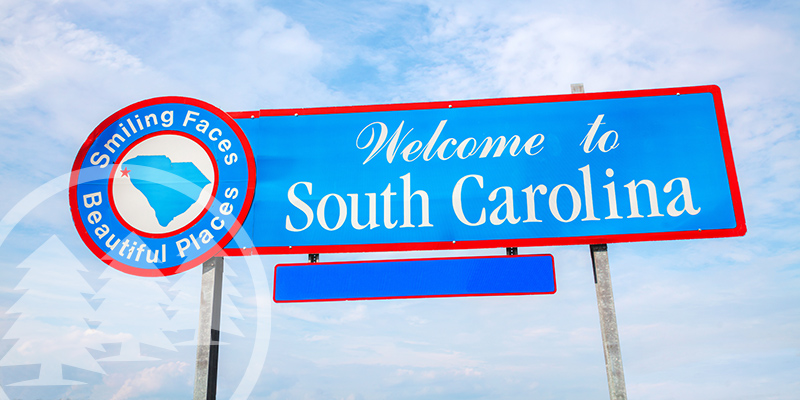The South Carolina HOA presence has been growing steadily over the past decade. Today, South Carolina ranks high among the states with the most number of homeowners associations, and the reason is clear.
Growing South Carolina HOA Presence
In South Carolina, HOAs have become a significant part of residential life. The state ranks high in the nation for the percentage of homeowners living in HOA-governed communities. According to the Community Associations Institute (CAI), 80% of all new homes built in South Carolina in 2020 were within communities that required an HOA. Furthermore, around 26% of the state’s residents live in these managed neighborhoods.
The increasing prevalence of HOAs is tied to South Carolina’s shift toward planned developments and master-planned communities. These neighborhoods often offer amenities such as parks, recreational facilities, and well-maintained landscaping. These amenities make them attractive to those seeking a sense of community and orderly surroundings.
The Benefits of HOA Living
Despite some residents’ skepticism about HOAs, these organizations play a crucial role in maintaining property values. By ensuring that common areas like parks and pools are well-kept, HOAs contribute to their communities’ overall aesthetic and economic appeal. Enforcing architectural and landscaping standards prevents modifications that could negatively impact property values.
Beyond property maintenance, HOAs foster community spirit and interaction. In cities like Greenville, known for their hospitality and tight-knit communities, HOAs help newcomers experience the famed Southern charm. They achieve this by facilitating social events, producing community newsletters, and managing shared amenities that unite residents.
HOAs also enhance neighborhood safety. By collaborating with local law enforcement and implementing security measures, these associations create safer environments, allowing residents to feel more secure in their homes.
Critics’ Opinions of South Carolina HOA Presence
However, HOAs are not without their detractors. Critics often voice concerns about perceived overreach and control. While some may find HOA guidelines restrictive, these rules are generally intended to preserve community standards. Nevertheless, some HOA boards have been known to overstep, applying excessive fines or inconsistently enforcing rules, leading to distrust among residents.
Instances of abuse of power by HOA boards, though limited, receive significant media attention. These instances overshadow the positive aspects of HOAs. Some board members may lack the training necessary to effectively manage what is essentially a small business, leading to governance challenges.
Despite these issues, HOAs remain vital to South Carolina’s flourishing communities. As the state continues to grow, HOAs will play an essential role in preserving the integrity and vibrancy of its neighborhoods.






